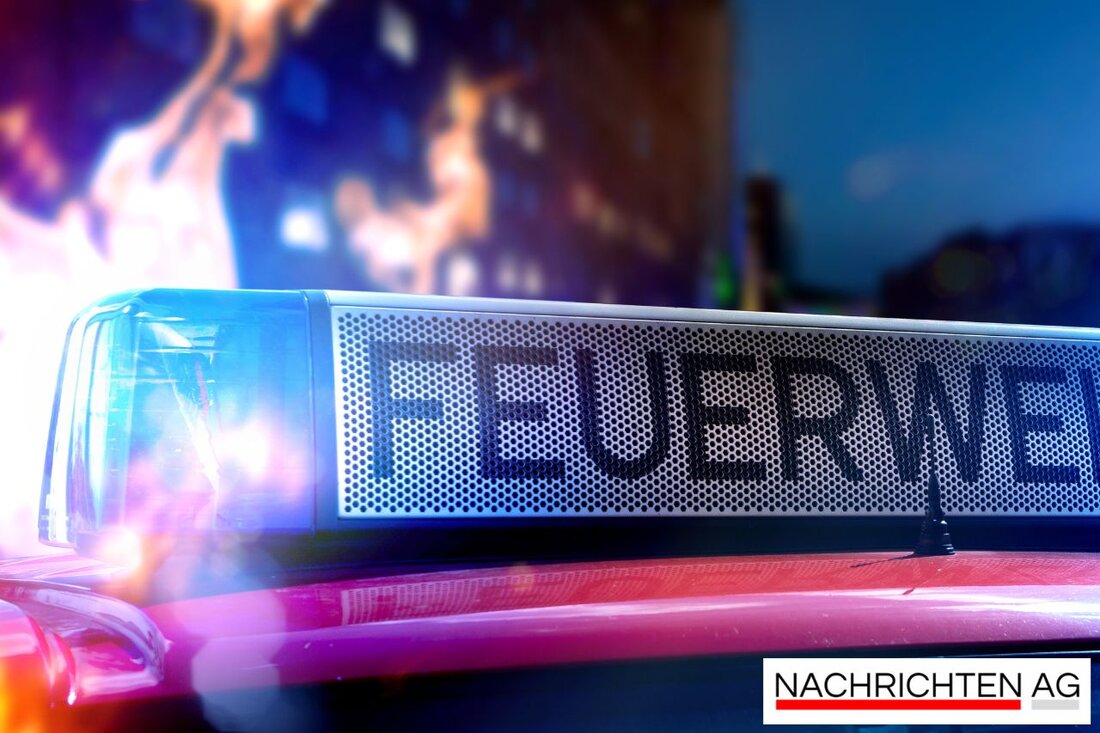Böller ban? Lower Saxony remains responsible!

Böller ban? Lower Saxony remains responsible!
Ansbach, Deutschland - What's going on in Bavaria? The discussion about a ban on firecrackers on New Year's Eve picks up speed again. The Lower Saxony Interior Minister Daniela Behrens (SPD) has clearly positioned herself: a general ban on fireworks does not consider her. In their opinion, there are already sufficient legal options to create prohibition zones on New Year's Eve. These are already successfully used in many larger cities to avoid dangerous situations and increase security. But what does that mean for the celebrations in rural regions?
Behrens points out that half -timbered houses and buildings in particular can be protected with a thatched roof. She criticizes the idea of a ban for all responsible citizens just because there are a few who do not adhere to the rules. It is important to identify those responsible and to be accountable if, for example, they attack the police or fire brigade with pyrotechnics. This topic is not just a Bavarian problem; The regulations are discussed throughout Germany.
The firecracker across the country
The situation in German cities looks quite different. The sale of fireworks starts on December 28, 2023 and the ignition is only allowed on New Year's Eve and New Year, and only for people aged 18 and over. There are some clear rules nationwide: the burning of pyrotechnics near churches, hospitals as well as children's and old people's homes is prohibited, which is admitted to Paragraph 23 of the first regulation on the explosive law. This applies not only to Bavaria, but throughout Germany.
In many large cities like Munich, the ignition of fireworks in central areas such as the pedestrian zone from Marienplatz to Stachus between New Year's Eve and New Year is completely prohibited. The situation is similar in cities such as Cologne and Nuremberg, where security services control bags to prevent unauthorized fireworks. This is not only to protect people, but also to preserve the historical buildings in many old towns.
The controversy around the fireworks
These debates about the bang continues. Many voices demand a significant reduction in fireworks to minimize fine dust loads and reduce the stress for pets. Deutsche Environmental Aid urges a general ban on fireworks, while the pyrotechnics industry insists on the festive traditions. Whether you see fireworks as a tradition or stress, in Germany the argument about the importance and safety of the New Year's fireworks is omnipresent.
The coming New Year's Eve becomes particularly important for the pyrotechnics industry: after two years with restrictions, it expects record sales. But not only that: Church aid agencies appeal to the people instead of fireworks under the motto "Bread instead of Böller". An exciting and emotional topic for everyone - what do you think about it?
In the end it is clear: Whether on the rural sofa or in urban hustle and bustle, New Year's Eve remains an unforgettable occasion, but not without the serious discussion about security, tradition and environmental protection.
For more information and details on the current regulations, read the reports from , Tagesschau and Merkur .
| Details | |
|---|---|
| Ort | Ansbach, Deutschland |
| Quellen | |
